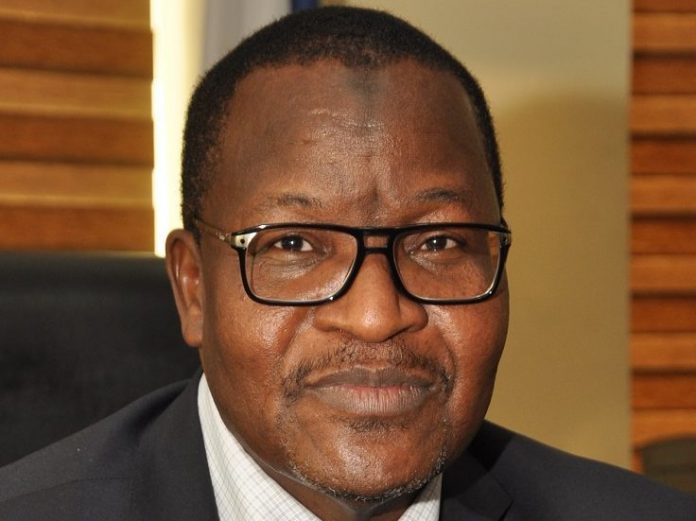The Executive Vice Chairman (EVC) of the Nigerian Communications Commission, NCC, Prof. Umar Danbatta has said that the 30 percent reduction in company income tax for pioneer status firms will boost Foreign Direct Investment, FDI, in the telecoms sector.
Danbatta, who made the remarks in Durban, South Africa, during the 2018 ITU Telecom World conference, advised foreign investors to take advantage of the zero tax regime and invest in the nation’s telecoms sector.
Specifically, he told participants at the forum that the 30 percent reduction, which is a pioneer status for prospective investors coming into Nigeria to invest, was part of other incentives introduced by the Nigerian government such as the Executive Orders 5 and 6, to create enabling environment for investors.
The telecom industry regulator listed other opportunities for investors in digital transmission system as including microwave, satellite and optic fibre, such as submarine cable communications; digital exchanges for both wired and wireless lines; billing systems; data communications networks; broadband and integrated service digital network (ISDN).
According to him, Nigeria needs currently about 120,000 kilometres metropolitan optic fibre coverage for network connections nationwide but has only 38,000km coverage now, thus offering great opportunities for foreign and local investors to explore for returns on investments.
He explained: “Indeed, the NCC is intensely focused on bringing efficient, qualitative and affordable ICT platforms within the reach of individuals and corporate bodies through the implementation of our 8-point agenda, the federal government’s Economic Recovery and Growth Plan (ERGP) and the ICT roadmap to drive synergies, which will expand opportunities for disruptive technology innovation and global competitiveness.”
Danbatta listed the commission’s eight-point agenda unveiled about two years ago to boost investment in the telecom sector as including, facilitate broadband penetration; improve quality of service, optimise usage and benefits of spectrum; promote ICT innovation and investment opportunities, and facilitate strategic collaboration and partnership.
Others are, to protect and empower consumers; promote fair competition and inclusive growth; and ensure regulatory excellence.
He assured potential investors: “We have made it a deliberate policy to ensure availability, affordability and accessibility.
On plans being made to improve the telecom sector’s contributions to the nation’s Gross Domestic Product (GDP), the EVC said that emphasis was being given to broadband penetration as the next major frontier because more access to telecoms and broadband means more contribution to GDP.
In his speech at the conference, the Secretary-General, International Telecoms Union (ITU), Houlin Zhao, charged investors to take advantage of opportunities offered by Nigeria, especially in terms of the country’s huge population and untapped investment opportunities, to invest in the country.
To allay the fears of potential investors about the security situation in the country, Zhao said that he had visited Nigeria and vouched for the secure investment environment which he advised genuine investors to access and do business.






